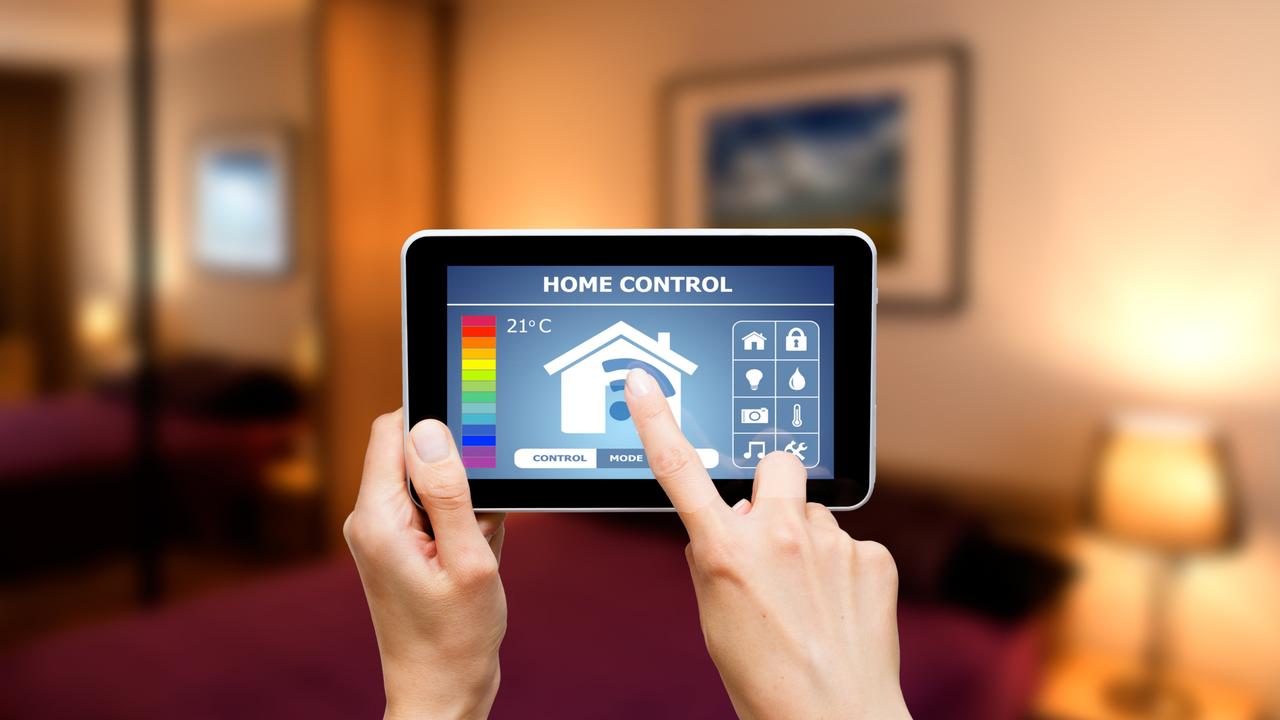How artificial intelligence is changing the way Australian’s property game
Artificial intelligence and machine learning are reshaping the way Australians buy and sell real estate — and the changes have only started.
Forget a couple of agents using ChatGPT to write advertising copy, artificial intelligence and machine learning are far deeper into Australia’s real estate world than you might realise.
Homeowners now get calls just as they are thinking of selling, buyers receive tailored lists of homes to suit their needs and if you’ve been to an open for inspection in the past 18 months a computer somewhere is likely building a profile on you.
RELATED: Australia drops down China’s top property destinations
How Australia’s share house culture is changing
Where house prices doubled in as little as three years after pandemic boom
And some of the nation’s biggest real estate players believe things could move quickly from here.
DEUS EX MACHINA

Ray White chief executive of market share and growth Mark McLeod said the nation’s biggest real estate firm had 26 “techies” working with AI and machine learning, and while it was still “early days”, customers were already encountering the sophisticated software.
“It’s more than likely you will have worked with our AI if you have inspected a Ray White listing in the past 18 months,” Mr McLeod said.
“And the database will be tagged every time you look at another home and the system starts to work out what you are looking for.”
That leads to more tailored emails with property listings, potentially speeding up the buying process.
But the computer system is also learning to spot potential sellers, and already notices when someone registered living in a three-bedroom house is looking at five-bedroom listings.
“It’s already happened where we call someone and they say ‘it’s funny you called, we are considering selling’,” Mr McLeod said.
Barry Plant chief technology officer Darren McCoy said most real estate agencies nationwide were looking to the technology to help them identify prospective sellers in a bid to cut back on spam and had redesigned their systems for a future including AI and machine learning.
“It will mean agents are more informed about where in the property journey someone is before they call them,” Mr McCoy said.
YOUR DIGITAL HOME

REA Group executive general manager consumer product Jonathan Swift said for homeowners, their property was also being studied by automated valuation software that uses machine learning to plot wider economic data around values and market trends by the firm’s economics team at PropTrack.
“That will start with the size and configuration of the home, then looks at what has sold recently and also how many people are looking at similar properties to yours at the moment,” Mr Swift said.
Google your address and you’ll likely see a realestate.com.au link with an estimated value.
In the future, they’re hoping to allow prospective sellers to upload a photo of their kitchen and get instant advice on whether a renovation would help them get a better price — based on data of what has worked for other sellers nearby.
BUYER HELP
From the buyer side, Ray White have trials underway in Victoria and Queensland aimed at helping agents assist purchasers with more useful information and listings that can be shaped by everything from past inspections to auctions where they were the underbidder.
“So we will be able to tell if you are close to buying,” Mr McLeod said.
Realestate.com.au are also working to give buyers a “personal buyer’s agent in their pocket” with listings that suit their needs, as well as updates with important information such as inspection times and if a home is placed ‘under offer’.
“There’s the basics of what you search for when you do search, how often you come back to look at a property, but also if you added an inspection time to your calendar or if you save it to your favourites,” Mr Swift said.
But he added some are more ready for the technology than others and Millennials and younger generations who grew up with the internet as a part of their lives might soon gain an “unfair advantage” compared to the less tech-savvy.
CYBER SAFETY

Mr McCoy said while the goal was to improve people’s experience with buying and selling, there was also a desire to improve the reputation of the industry.
“It’s about bringing the consumer greater trust in the agent and helping to streamline their property journey,” he said.
With recent hacks of Optus and Medibank front of mind, Mr Swift said the data realestate.com.au generated and collected was considered very closely and regular surveys were conducted to confirm user comfort.
Mr McLeod added that the starting point for all their data included seeking permission for Ray White to have a relationship with the person behind the numbers.
“At the end of the day, the most important six feet of real estate is the dining room table — no machine will ever be able to replace time talking to people,” he said.
“But who knows where the end is on this, who knows where it will go.”
Sign up to the Herald Sun Weekly Real Estate Update. Click here to get the latest Victorian property market news delivered direct to your inbox.
MORE: Historic Queenscliff pub listed for sale with $6m+ price hopes
Safety Beach: Sailing champ lists waterfront house with wet bar made from repurposed yacht
Overseas investments into Victoria’s commercial property market hit 10-year low
Originally published as How artificial intelligence is changing the way Australian’s property game



